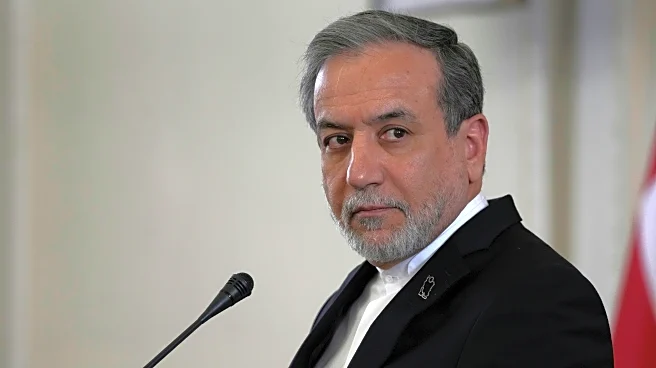Rapid Read • 7 min read
The BRICS+ grouping, which includes Brazil, Russia, India, China, South Africa, and new members like Egypt, Ethiopia, Iran, Saudi Arabia, and the UAE, is expanding its influence in global economic affairs. Together, these nations account for significant shares of global GDP, trade, and population. The expansion challenges the dominance of Western-led institutions like the World Bank and the IMF. BRICS+ is developing political and financial institutions, including a payment mechanism for transactions, which could impact energy trade, international finance, and global supply chains.
AD
The expansion of BRICS+ signifies a shift in global economic power dynamics, challenging Western-led institutions and potentially reshaping international trade and finance. The bloc's focus on developing political and financial institutions could lead to increased economic independence for member countries. By aligning on global topics and promoting mutual economic development, BRICS+ is positioning itself as a key player in global affairs, potentially influencing energy trade, monetary policy, and technological research.
BRICS+ is likely to continue expanding its membership and influence, with several countries expressing interest in joining. The bloc's focus on developing political and financial institutions suggests further integration and collaboration. The establishment of a payment mechanism for transactions could lead to increased financial independence for member countries. Observers will be watching how BRICS+ navigates internal divisions and geopolitical rivalries, such as those between China and India, and Saudi Arabia and Iran.
The expansion of BRICS+ could lead to long-term shifts in global economic and political power. The bloc's emphasis on cooperation and multilateralism may challenge existing global institutions and create new pathways for international collaboration. The focus on developing political and financial institutions could reduce reliance on Western financial systems and promote economic sovereignty among member countries.
AD
More Stories You Might Enjoy












